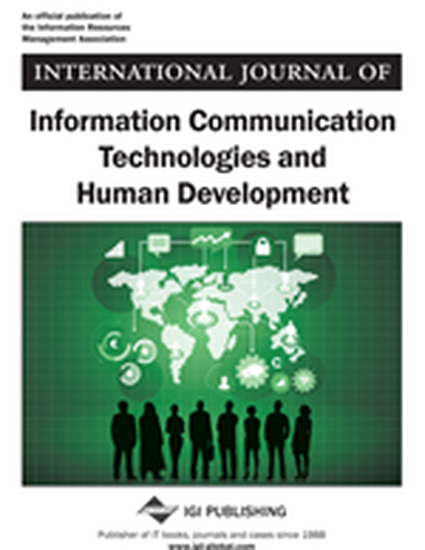
Article
Cyber-Dissent and Power: Negotiating Online Boundaries in Repressitarian Regimes
International Journal of Information Communication Technologies and Human Development
(2012)
Abstract
The expansion of access to information and communication technologies (ICTs) has provided new political organizing tools for citizens — a development of particular importance for individuals living under authoritarian regimes that rely on the repression of free speech to maintain power. Such repressitarian elites exert control over citizen online communications, but it is economically counterproductive for countries hoping to engage in the 21st century’s wired economy to crack down tightly on Internet. This article examines the struggles between maintaining openness and crackdowns in Iran, Egypt, China, and Singapore. These four countries are known to exert severe controls over free expression. However, Iran and Egypt have seen the rise of organized opposition movements despite the controls on media expression, whereas China and Singapore offer useful case studies on the economic dimensions of the balance between participating in the globally networked society and controlling citizen expression.
Keywords
- Iran,
- Egypt,
- China,
- Singapore
Disciplines
Publication Date
2012
Citation Information
Brian J. Bowe. "Cyber-Dissent and Power: Negotiating Online Boundaries in Repressitarian Regimes" International Journal of Information Communication Technologies and Human Development Vol. 4 Iss. 2 (2012) Available at: http://works.bepress.com/brianjbowe/16/
